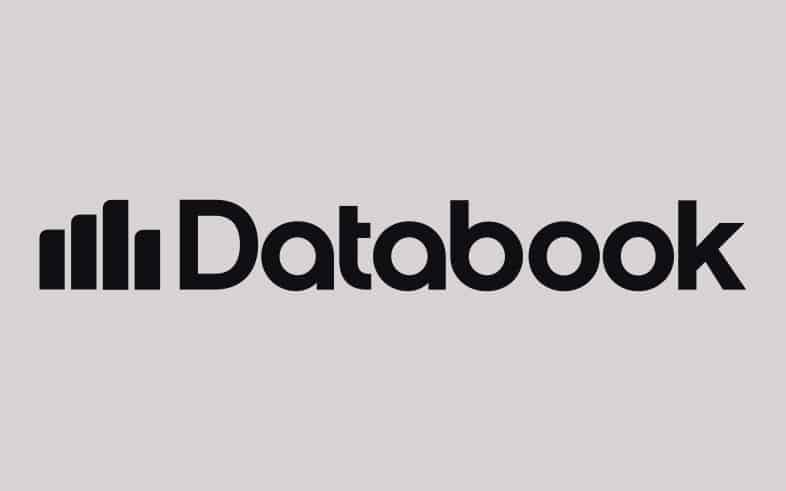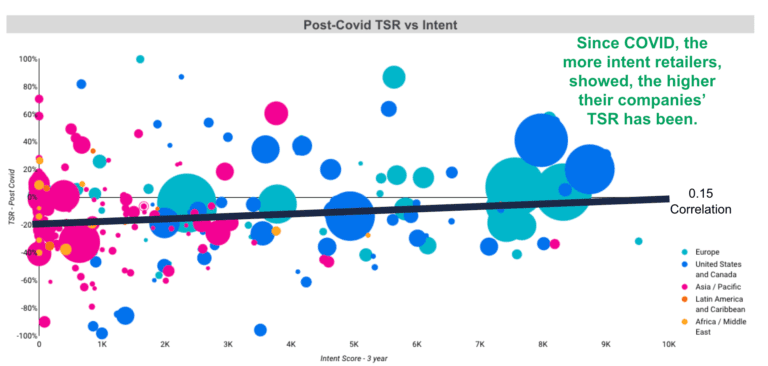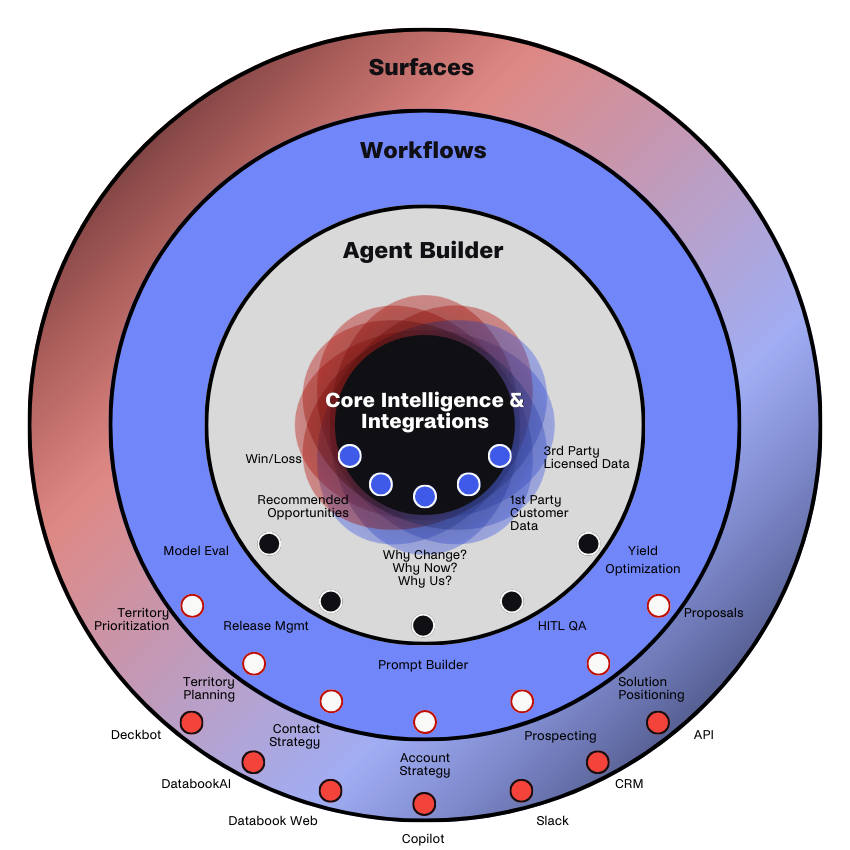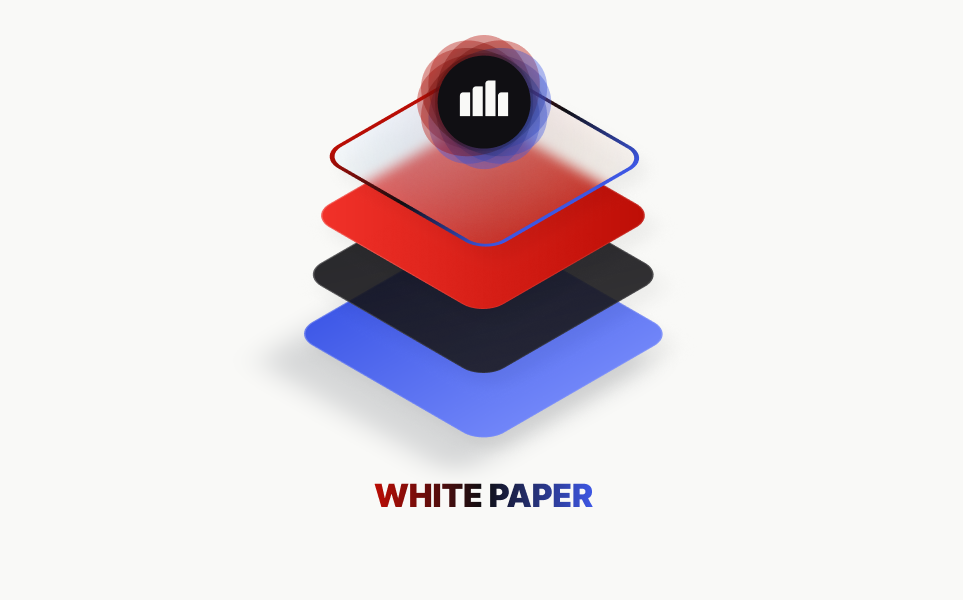Reading Time: 3 minutes
Databook and Twilio: Using Insights to Anticipate Customer Needs
Sarah Close

Databook recently had the opportunity to partner with Twilio, a leading provider of communications APIs and a Databook customer, on an exciting research project that we’re eager to share with you—not only because of the important findings, but because the methodology for this research is a fascinating example of how Databook technology can be applied to help go-to-market organizations better understand a company’s competitive standing and specific solution needs, particularly during a time of economic urgency.
What was the project?
First, let’s take a quick look at the research conducted, all of which is now available online in a jointly published white paper.
Twilio’s objective was to analyze the pandemic responses of certain luxury, electronics and sports retailers, including how they have been adapting to consumer needs and how those adaptations are now reflected in their financials. In this new climate of “buy online / pick-up in store” (also known as BOPIS), curbside pickups and contactless deliveries, Twilio wondered which brands are proving to be most successful and whether any successes might correlate to specific prior or ongoing actions on the part of leadership or technology initiatives. To find these potential correlations, Twilio engaged Databook’s Enterprise Customer Intelligence platform to isolate and monitor management intent and keyword trends over a period of time, both before and during the pandemic.
Ultimately, weighing intent against financial performance, our combined research now shows confirmation of several critical and interesting points:
- Companies whose executive teams mentioned digital customer engagement, e-commerce, and BOPIS/order fulfillment topics more frequently during the past 36 months were better prepared for the global pandemic—and consequently, outperformed their competitors financially.

- However, prior to the pandemic, there was a negative correlation between Total Shareholder Returns (TSR) and companies that discussed BOPIS keywords more frequently. In other words, the more frequently retail executives mentioned digital transformation before COVID-19 hit, the worse their companies performed in the stock market.
- While all companies understand the importance of e-commerce and online sales today, the companies in the top-10th percentile of the retail industry mentioned specific related keywords more than twice as often (1,795 times in the past three years) as those in the bottom 10th percentile (who only mentioned the same topics 854 times).

What does this mean?
From these findings, researchers concluded that the companies that discussed these digital transformation elements more frequently in the past three years were better prepared to handle e-commerce and consumer behavior changes when the pandemic hit, and therefore better able to serve customers both productively and safely. In other words, even though this preparation didn’t appear fruitful in years past, it seems to have paid off now.
More importantly, however, is the likelihood that this preparation will continue to pay off going forward. Why? Because market surveys indicate that many of these new retail-consumer interactions won’t be going away even post-pandemic. It’s a likely inference, therefore, that future success hinges on a company’s ability to understand and embrace the necessary components of successful digital transformation in the retail space, which Twilio has also studied and outlined in greater detail in the white paper. And if you want to see more, Databook has a live dashboard tracking these findings in real time, leveraging our AI-powered technology and public company data.
The big picture
We often talk about how sales organizations can use Databook to assess management intent in terms of closing deals and even increasing deal value—but this data is extremely valuable internally to a company as well. We encourage you to take a look at the graphs and also read the white paper because they’re a great example of how the visualization and processing of intent and keyword data can play an extraordinary role in helping companies ascertain their own competitive standing, determine their strategic focus, and plan their next moves within the industry.
This project also clearly demonstrates the incredible power that Databook provides to entire go-to-market teams. With access to this kind of AI-driven platform, they’re perfectly positioned to anticipate customer needs, so they can fill critical gaps and continue to drive revenue despite a fluctuating economy.
Check out the complete Twilio and Databook white paper for full research and findings.







